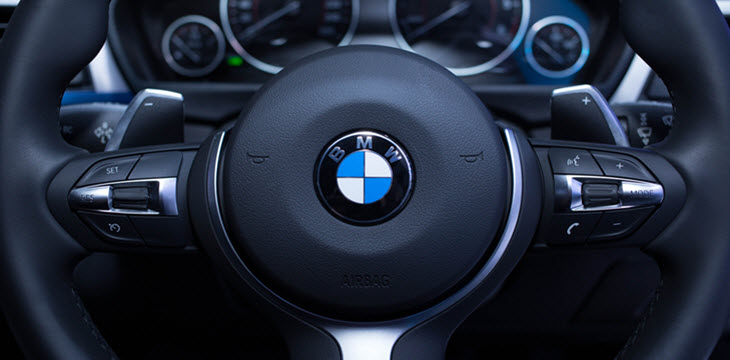The N52 engine was ahead of its time, creating BMW lovers worldwide. However, like many other car designs, it’s typical for symptoms of design and engineering deficits to rear their ugly head as the car accumulates mileage. Many drivers think, “is there something I could have done differently to prevent this from occurring?” Unfortunately, the answer in this case is no. The lifter ticking issue in BMWs equipped with the N52 engine remains an issue today, as the most recent year model equipped with this engine was as late as 2015. If you are the owner or driver of a BMW that was manufactured with the N52 engine, it’s important that you know about the ticking lifter issue and what you can do to combat it.
The History of the N52 Engine
The N52 engine in BMWs was a more technologically advanced version of it’s predecessors; however, even though the engine was rated highly by drivers and car enthusiasts at first, eventually the N52 engines began to show signs of design and engineering deficits. After a while, BMW drivers were noticing that the engine became noisy under certain conditions, producing an annoying and concerning “ticking” sound. Most BMWs manufactured between the years of 2004-2015 were equipped with the N52 engine, and unfortunately the level of care the driver put into the car had no effect on whether the ticking issue arose or not. However, the ticking noise was most common on short drives in lower temperatures, particularly after cars accumulated over 50,000 miles on the odometer.
What’s at the root cause of the ticking issue?
Diagnosing the N52 engine with design issues didn’t happen until recently, and after many documented cases of symptoms that seemed irreparable in BMWs all over the world. After much research, investigatory work, and speculation, it was discovered that the hydraulic valve lifter was the root cause of the issue.
What is the hydraulic valve lifter?
Engine parts are made up of many diverse materials, many of which expand and contract with fluctuating hot and cold external temperatures. As BMWs, and all cars for that matter, are in use and the engine’s temperature increases, it is normal for parts to take up more space inside the engine. To account for this and still maintain optimal engine functioning, the hydraulic valve lifter’s main function is to create the space necessary for parts to expand and contract without damaging engine components.
What to look out for in your BMW
As this article indicates, the main symptom associated with a malfunctioning hydraulic valve adjuster is a loud ticking noise that can be attributed to an issue of inadequate lubrication. As time goes on and this part doesn’t receive the proper amount of lubrication, it begins to tick and rattle—especially when the temperatures are lower outside. While most ticking or rattling sounds can be traced back to other issues, if you own a BMW manufactured between the years of 2004 and 2015, you might consider the hydraulic valve lifter as the source.
What you can do to attend to the issue
Most BMW shops address the N52 lifter tick issue by utilizing temporary methods of repair, which eventually wind up producing the same symptom. This tends to drive BMW owners crazy after a long trial and error battle with ticking noises. Although the BMW manufacturer helped drivers repair the issue for a period of time, they generally no longer pay for replacement parts needed to fix the problem. The best plan of care should include the following:
- Hire a BMW specialist
- Ensure that they use the proper parts for replacements
- Look for warranties wherever you can
- Stay on top of oil changes and routine maintenance
- Don’t let any ticking or rattling noises go unattended for periods of time
By following these basic guidelines, you’ll be able to get the best care possible for your BMW and ensure that it performs optimally for years to come. Here at Das European Autohaus, we proudly serve BMW clients from Spring and Houston, TX, with expertise and exceptional skill in German engineering. Our approach to preventive maintenance means that we must consistently anticipate the common issues that are brand-specific, such as the N52 lifter tick. If you’d like to have your BMW inspected or serviced, please request an appointment through our website or call us directly.


